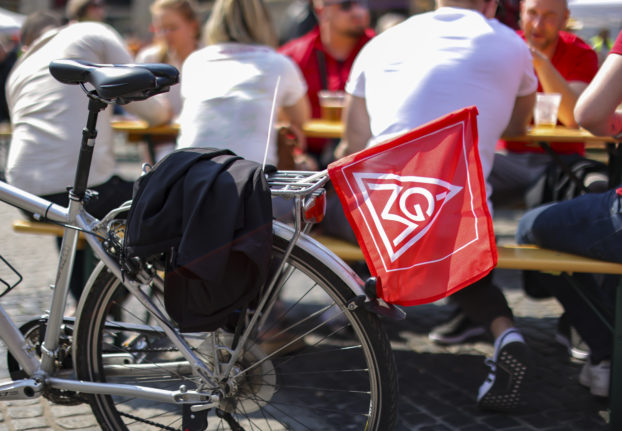Unions have long been prominently in the Swedish labour market, but it appears that younger workers don’t feel the same affinity for union membership as previous generations.
New numbers from The Swedish Trade Union Confederation (Landsorganisationen, LO) show that only 35 percent of workers aged 16 to 24 are members of unions that are a part of the confederation, the Metro newspaper reported.
In the mid-1990s, the figure was nearly 80 percent.
Lund University sociology professor Anders Kjellberg attributed the drop in part to the growth of more “individualistic” tendencies in the job market, as well as changes to the costs of joining a union.
In 2007, the fees for Sweden’s unemployment insurance funds (a-kassa) were increased, and at the same time tax reductions for a-kassa and union fees were abolished.
“Many weighed the benefits against the costs and chose not to take part in the union,” Kjellberg told the newspaper.
“For someone to pay union fees and a-kassa for nearly 700 kronor ($100) a month, the union needs to be visible and show that it is beneficial.”
Another reason for the reluctance among young workers to joining unions is the fact that many don’t stay in at one job for an extended period of time.
In 1990, 476,000 Swedes between the age of 16 and 24 had permanent full-time jobs. As of 2010, however, the figure had dropped to 200,000 within the same demographic.
“Young people barely have time to contact the unions before time comes to change work place,” Kjellberg told Metro.


 Please whitelist us to continue reading.
Please whitelist us to continue reading.
Member comments